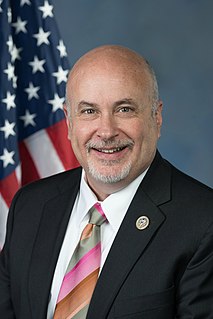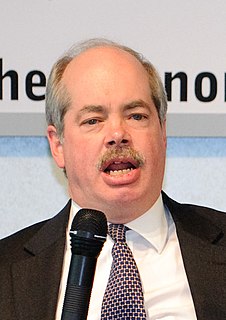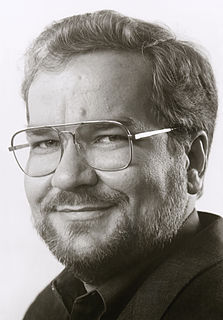A Quote by Vinod Khosla
If you have a carbon cap and trade system, there'd be an agreed-to limit the amount of carbon we emit. That changes the economic picture for fossil technologies and for the renewable technologies. It makes the renewable technologies more attractive and the fossils less attractive.
Related Quotes
There would be a cost for dumping carbon into our atmosphere and a cap on total emissions. The government must make a clear and firm decision - terminating the idea in our society it is free to pump infinite amounts of carbon into the air. Once that happens, private capital will flow even more aggressively into developing and deploying the alternative, less-polluting technologies.
I'm not shy about stating my opinion on political issues, so I can state my opinion, which is, on this one, Premier Notley's right. Because cap and trade systems have not been shown to work. And if you want to price carbon, then I would listen to the CEO of Suncor, who suggests a clean, transparent carbon tax makes a bunch more sense than a cap and trade system that just creates jobs for traders. I - I kind of agree with that.
We need to use economic instruments such as carbon taxes, cap and trade, tax and dividend and whatever else to help incentivize behavior that will move us to a post-carbon, post-animal agriculture world, and make our societies more resilient to the shocks that are already baked into the system. But that doesn't make climate change an "economic issue."
Improved energy productivity and renewable energy are both available in abundance—and new policies and technologies are rapidly making them more economically competitive with fossil fuels. In combination, these energy options represent the most robust alternative to the current energy system, capable of providing the diverse array of energy services that a modern economy requires. Given the urgency of the climate problem, that is indeed convenient.
But to truly transform our economy, protect our security, and save our planet from the ravages of climate change, we need to ultimately make clean, renewable energy the profitable kind of energy. So I ask this Congress to send me legislation that places a market-based cap on carbon pollution and drives the production of more renewable energy in America.
There's more and more recognition that a carbon economy is dangerous to us economically. And there is increasing recognition that renewable fuels have economic value as well as obvious value for our health and our well-being and our survival. In fact, as you know, the economic revolution in renewable fuels has been impressive. It really had not been anticipated.
We have to be bringing carbon out of the atmosphere, and we can't wait for these magical technologies that are somehow going to suck the carbon out of the atmosphere in the future and mean we can do business as usual. And so, what we have to do, what we're going to need to do, is really work with nature to repair the climate.



































